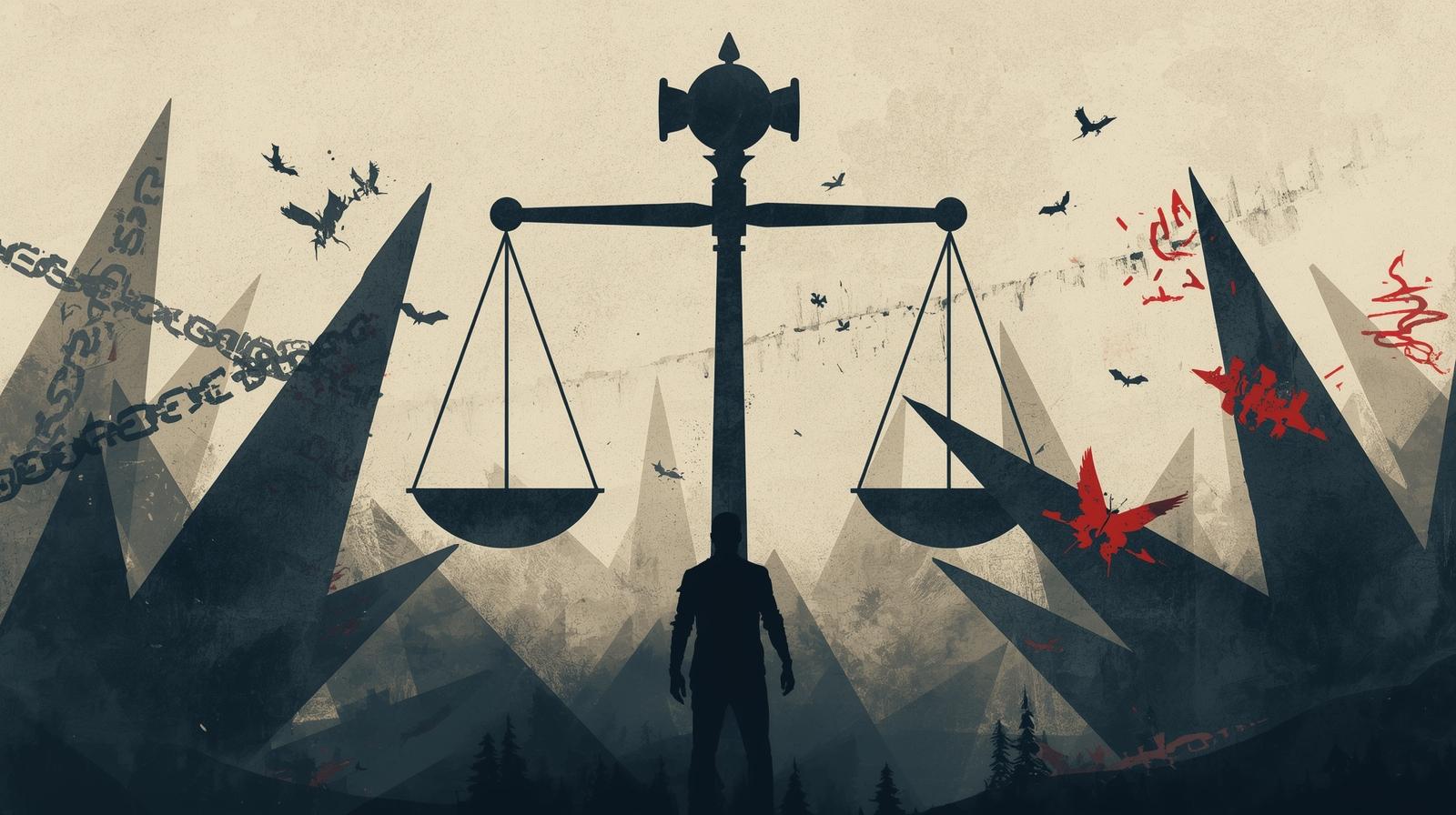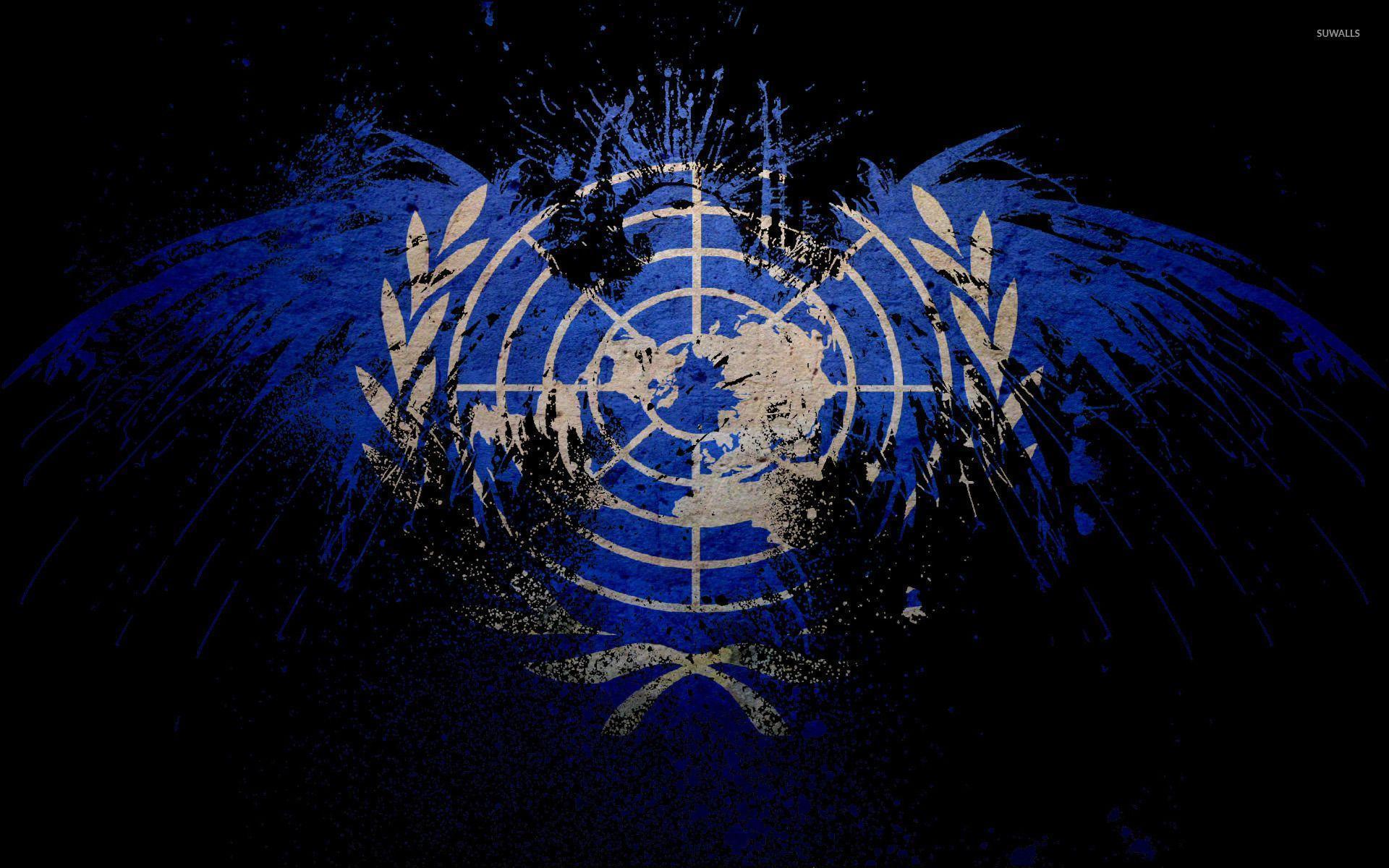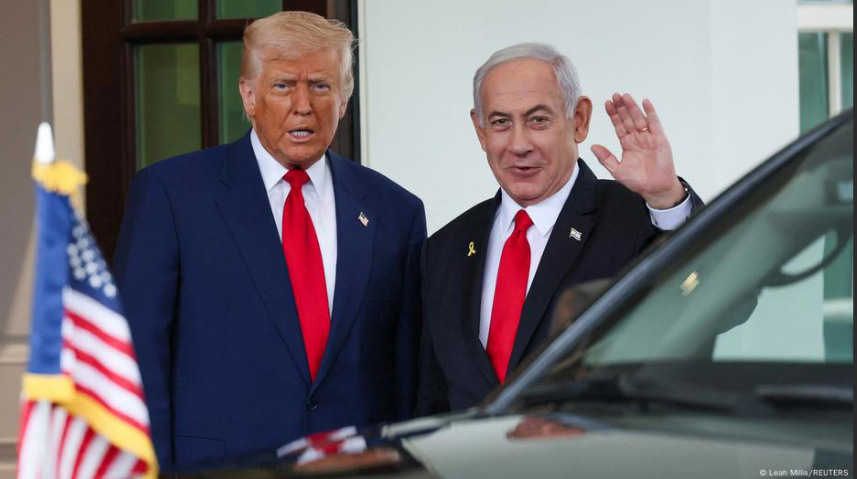Key tags: Self-defense, Occupation, War crimes
An international armed conflict occurs when a State uses armed force against another State. A non-international armed conflict (NIAC) occurs when an entity that is less than a State, such as an insurgency group, uses armed force against another entity or a State.
The UN Charter, which binds all member states, prohibits the use of armed force by one State against another (Article 2) except for two situations: self-defense (Article 51), or military action authorized by the Security Council (Articles 24, 25). The Law of Armed Conflict (also called International Humanitarian Law) applies to such situations. It is made up of customary international law and treaty law, such as the Geneva Conventions. It lays down rules for the conduct of military operations and for the protection of the victims of conflict.
Application to Israel
Israel has been militarily engaged by neighbouring states as well as by non-State armed groups ever since its establishment in 1948. Negotiations have led to peace treaties with Jordan and Egypt, yet conflicts with Lebanon, Syria, Palestinian entities, and others continue.
One of the areas of contention in the international law of armed conflict concerns its application in Jerusalem, the areas of Judea and Samaria / West Bank, and in the Golan Heights. For example, Article 49(6) of the Fourth Geneva Convention provides that “the Occupying Power shall not deport or transfer parts of its own civilian population into the territory it occupies.” This provision has been cited by UN bodies to criticize the establishment of Israeli communities/settlements there. Israel counters that these are not forced population transfer and that it respects and applies the Convention’s humanitarian provisions. Allegations of Israel’s alleged war crimes have consequently been brought to the International Criminal Court.
Conversely, Hamas launches rockets from civilian areas to deter Israel from retaliating in Gaza. This tactic of use of ‘human shields’ is in itself a breach of the laws of armed conflict. It has also been argued that Israel has no right of self-defense in its NIAC with Palestinian armed groups.



